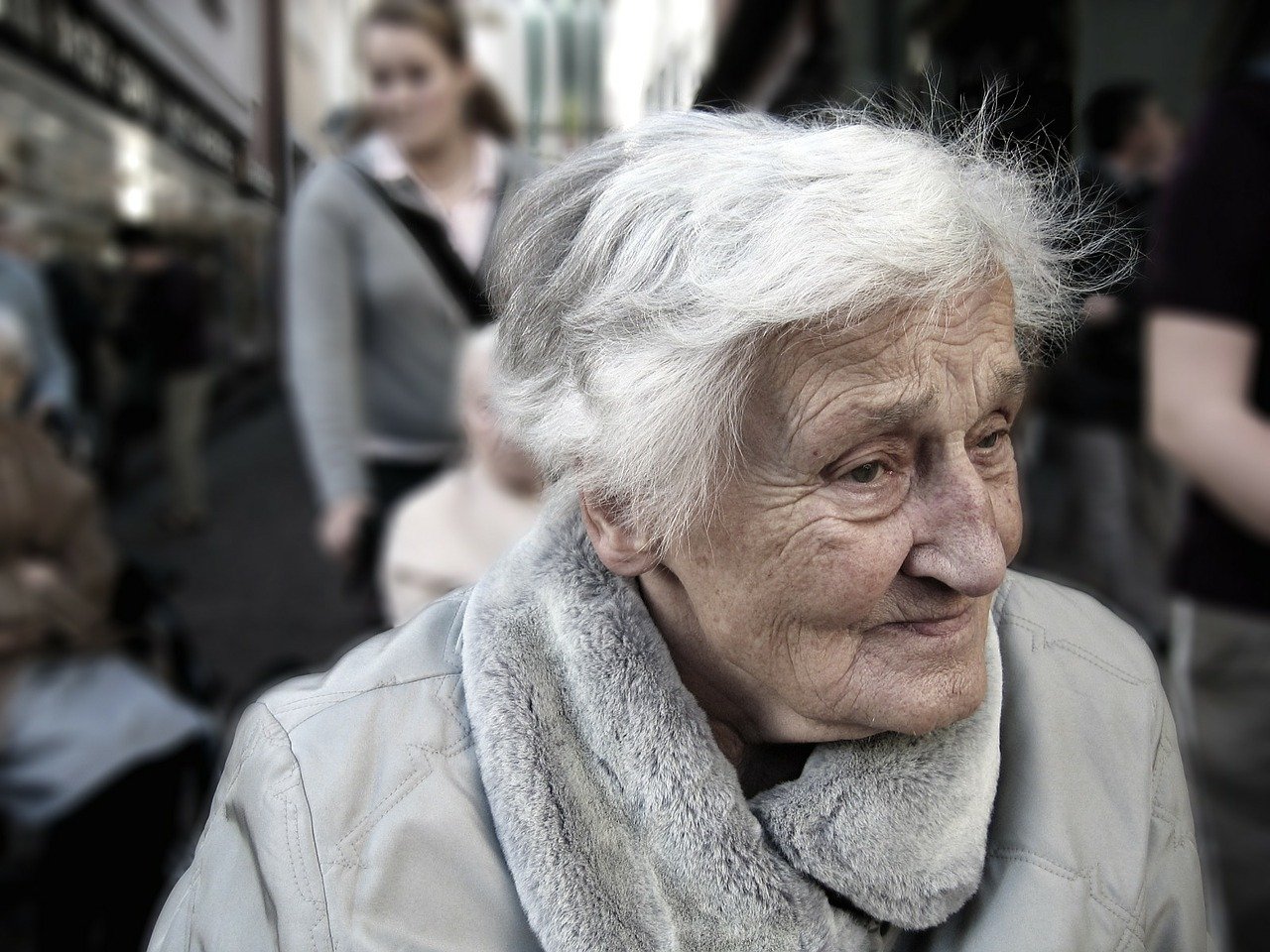
Guest article provided by: Ellen Rand
Category: For Caregivers

Guest article provided by: Ellen Rand

Guest article provided by: Dr. Beverly M. Griffor
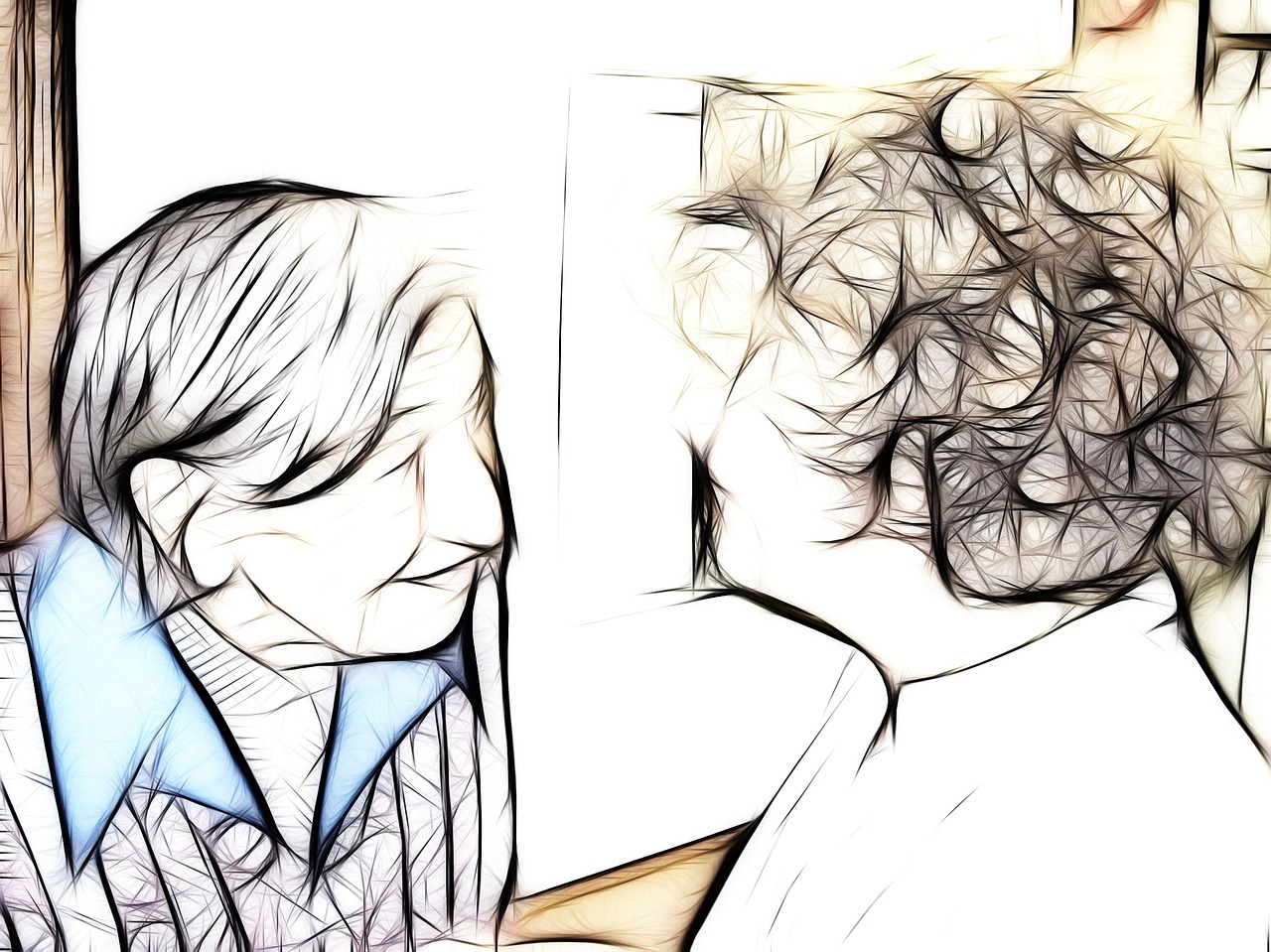
Guest article from havenwoodhomecare.com
When someone you love is diagnosed with Alzheimer’s Disease, there’s no avoiding the fact that changes need to be made. It’s a situation that requires near-constant effort and attention to ensure they’re safe, comfortable, and all their needs are looked after. No one should have to handle that on their own, and no one wants to resort to a facility away from home if they don’t have to, which is why at-home help is such a huge benefit. It enables you to look after the one you love without exhausting yourself or sacrificing their dignity and needs. Here are a few factors to consider:
By far, this is one of the most important issues for Alzheimer’s patients and their loved ones. In-home services should be able to enhance their quality of life rather than diminishing it.
If in-home caregivers are going to be part of someone’s life, then having a positive and compassionate relationship is crucial. It’s great to have someone who’s genuinely nice, but having someone who takes the time to understand your family and personal needs is priceless.
Taking care of someone often requires you to remember lots of important factors like cleaning, conversation, and other everyday tasks people need to live comfortably. In-home caregivers should have the skills and qualifications to look after a person’s needs effectively.
Since Alzheimer’s patients require additional care, you definitely need to keep expenses within your means, but try not to focus too much on finding the best deal. If deciding upon an in-home caregiver cost is a choice between one that’s more affordable and one with better quality, it’s often worth the extra expense to choose the second one.
Often with in-home care, the service caregivers provide can’t be left undone for long. You should expect them to be able to arrive reliably on-time & within a timeframe that works well for you. In other words, they should be able to slide into the schedule of you and your loved one rather than forcing you to change your schedule for them.
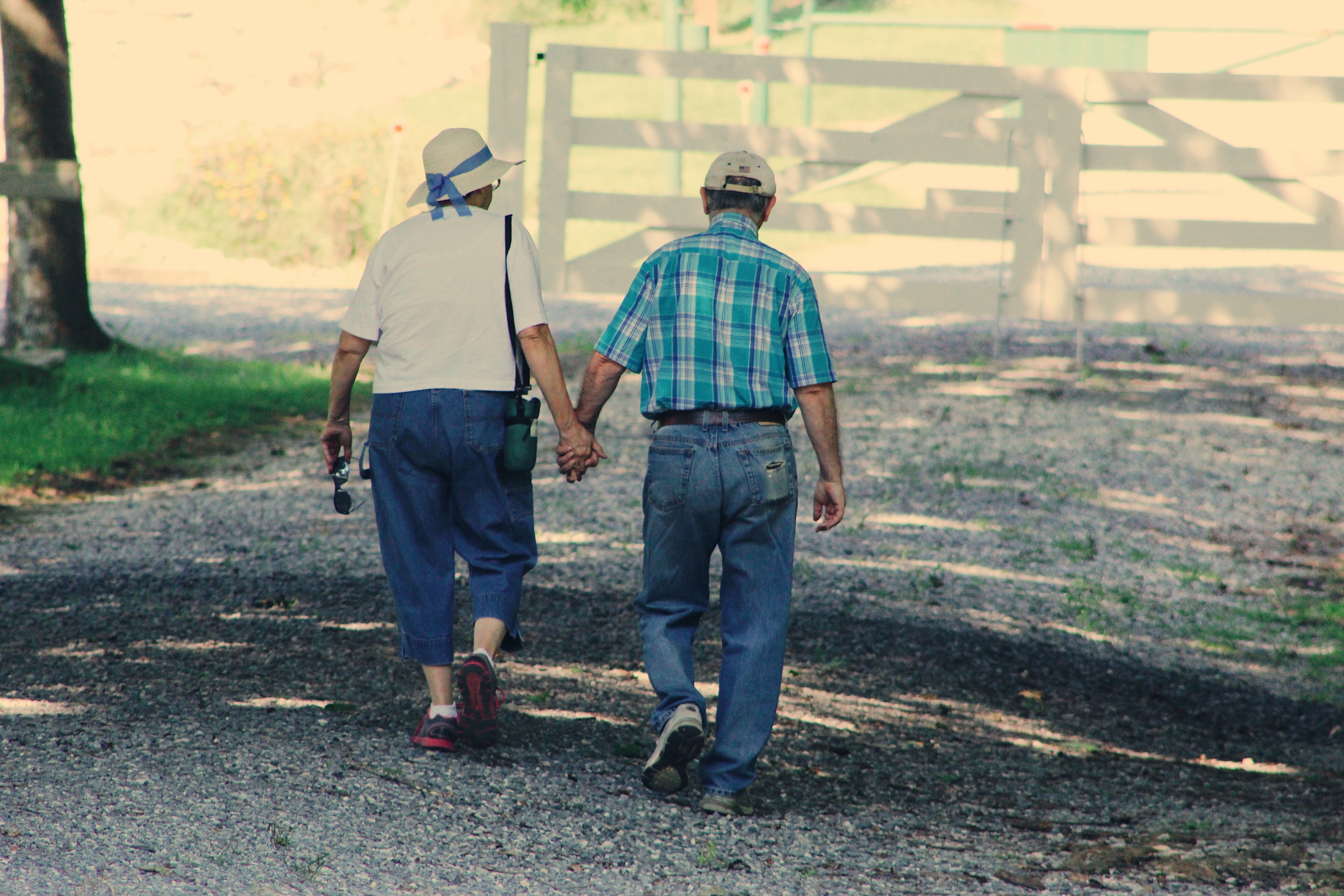
Explaining the death of a spouse to someone with Alzheimer’s disease or dementia is a difficult task, and one that is significantly complicated if the deceased spouse was their primary caregiver. Although every situation is unique, here are some suggestions for handling this heart-wrenching situation.
Seniors have much longer life expectancies than they did a few decades ago, largely thanks to new medical advancements and people living healthier lifestyles. More seniors are reaching 80, 90 or even 100 years of age. In fact, the U.S. Census Bureau says that the number of people reaching 90 years of age has now tripled in the United States.
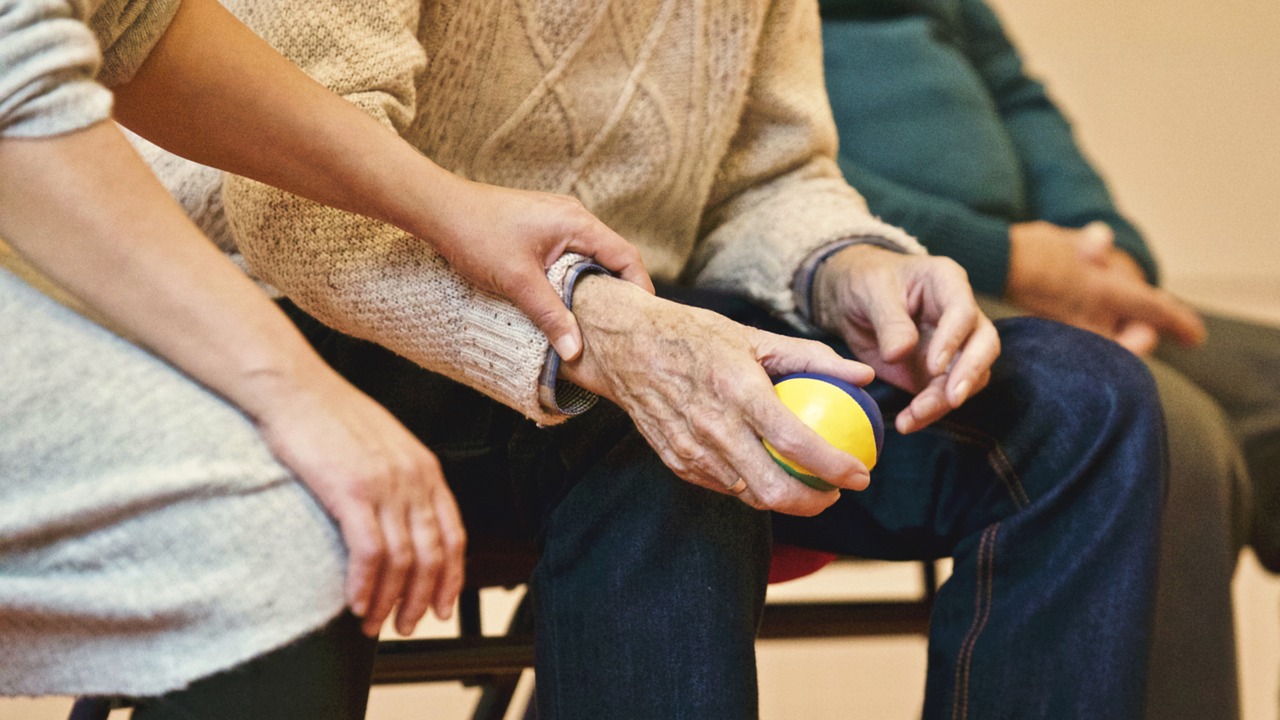
One advantage of living longer is being able to make stronger connections with younger family members. Because seniors now live to a riper age, they get to watch their grandchildren and great-grandchildren grow up and become adults.
Because seniors are living longer, many adult grandchildren also find themselves taking up a caregiving role and helping their grandparents enjoy their twilight years. This can add a completely new dynamic to the grandparent-grandchild relationship. This article will take a closer look at that relationship to help you make it as rewarding as possible.
One of the complexities of having a grandchild care for their grandparent is the multiple facets of their relationship. On one hand, the grandchild must take a pragmatic approach when looking after their grandparent’s health and well-being. They must deal with the daily logistics of caregiving, which usually includes a large workload.
The other side of the relationship is the emotional one. The grandchild will still want to view the grandparent as their mentor and teacher, despite being tasked to care for them. The grandparent will still want to protect their grandchild and impart some of their wisdom onto them.
It is important for grandchildren to remember that the logistics of caregiving shouldn’t get in the way of the emotional bond that they have with their grandparent. If the grandchild enters the home and spends the next 4 hours frantically cleaning and cooking — they may fail to maintain that emotional relationship. Sometimes, it can be better to simply sit down with your grandparent and have a great conversation instead of ensuring their home is fastidiously cleaned!
Grandchildren can make use of technology to perform the logistics of caregiving, freeing up more time for that emotional relationship. For example, a grandchild could teach their grandparent how to do their grocery shopping online, saving precious time, which can used to maintain the emotional relationship.
Grandchildren can also use outside help to free up some time. Hiring an in-home caregiver to help with menial tasks is one way to make extra time. The caregiver can perform menial tasks like house cleaning, cooking, grocery and shopping while the grandchild enjoys some precious time with their grandparent. It is always important to remember how having companionship positively affects a senior’s life.
Most adult grandchildren love contributing to their grandparent’s care. However, care should be taken to make sure they don’t burn out. Caregiving is extremely hard work, even for a younger person. Ask other people to be involved, including older relatives and other grandchildren. Make use of all of the services that are available, including government services and in-home care. If grandchildren have some help, they can provide more emotional support for their grandparents.
It is amazing how many historic events seniors witnessed throughout their lives. Grandchildren love hearing stories of the world wars, the Great Depression, the civil rights movement and many other incredible memories that grandparents have. Grandparents will also have hundreds of cherished family memories to talk about.
It is important to take the time to share these memories. Designate a few hours each week to sit down and have a conversation about the incredible events that your grandparents saw over their lifetime. It is an important part of having a fantastic grandchild and grandparent relationship.
All Heart Home Care is an experienced home care provider servicing the greater San Diego, CA area. They provide a wide range of home care services, allowing seniors to fully enjoy their twilight years in the comfort of their own homes. All Heart caregivers provides home care assistance in helping with various activities of daily living. Support ranges from a few hours per day to around the clock care.
To learn more about All Heart Home Care services, call All Heart Home Care at 619-SENIORS (736-4677) or send them a quick message.
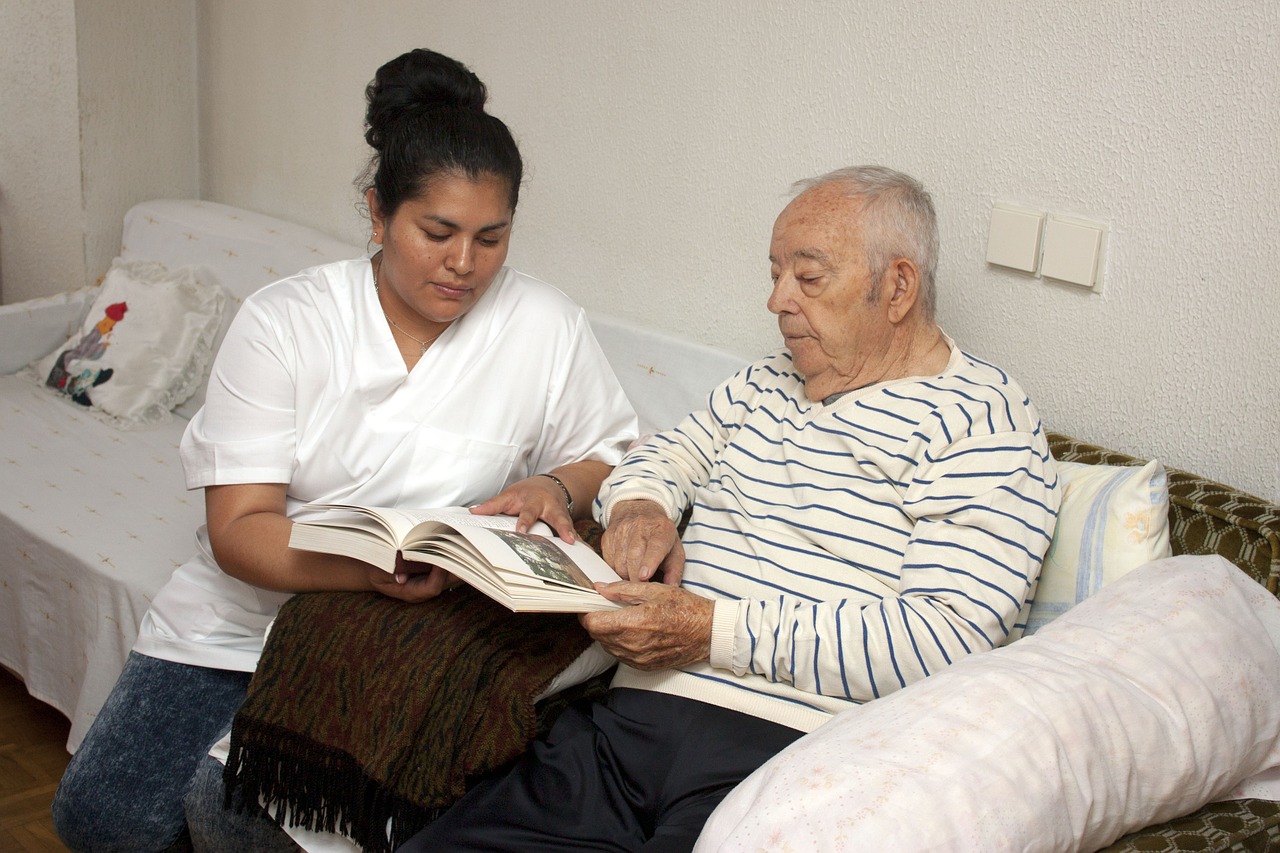
Dementia is a devastating illness that gradually robs a person of their memories and cognition. It is a very traumatic disease for both the person suffering from it and their loved ones.
The family of a dementia sufferer also must deal with their legal and financial matters — which becomes more difficult as the disease progresses. This article will take a closer look at the progression of dementia to help you prepare for what is to come.
Dementia is a very common disease amongst the elderly. The Institute for Dementia Research & Prevention reports that there are at least 5 million people with age-related dementia in the United States.
Researchers have categorized the progression of dementia as having seven stages. Understanding these stages will help you and your family know what your loved one is going through and what home care assistance is required.
At this stage, a person has normal brain health with no cognitive decline. People at this stage are completely free of dementia. The scale starts here so health practitioners have a standard of comparison available.
People at this stage of cognitive decline may have trouble remembering where they placed things or recalling someone’s name. Most older people reach this stage and it is not considered a cause for concern. People with this level of cognitive decline are still considered free of dementia.
At this stage, you may become more forgetful. You may regularly forget people’s names or where you left an item. You may also struggle at work because you find it difficult to concentrate. You may start to notice a decline in your cognition at this time. However, people with this level of cognitive decline are still considered to be free of dementia. If dementia is going to occur, it usually appears within 7 years of mild cognitive impairment.
At stage 4, you may struggle to recall recent events. You may have trouble learning new things and have difficulty concentrating. You may find simple things like traveling to new locations or managing finances quite difficult. Socializing becomes more difficult, so you may begin to withdraw from friends and family. You may also become moody. A doctor would diagnose you as having early stage dementia at this point. The average duration for this stage is 2 years. At this point, you may need home care assistance from a caregiver, friend, or family member.
By stage 5, you have major problems with your memory. You will need some home care assistance with activities of daily living like getting dressed, preparing meals, brushing their teeth, and bathing. You will become confused sometimes and struggle to focus. Solving problems will become very difficult. This stage usually lasts for 1.5 years. You will probably require much more help during this stage — usually a full-time caregiver.
Dementia sufferers in stage 6 will require extensive assistance to carry out daily living activities. You will struggle to remember recent events and may even forget the names of loved ones. Finishing tasks will become difficult, which makes menial tasks like cleaning the home or cooking a meal extremely difficult. You will start to lose your ability to talk and may become incontinent. You may begin to show symptoms of compulsive behavior, delusions, anxiety, and agitation. This stage of dementia usually lasts for 2.5 years.
By this stage, you will have lost your ability to communicate. You will require assistance for most activities including going to the toilet and eating a meal. You may lose some of your motor skills and may be unable to walk. This stage of dementia usually lasts 2.5 years.
It is important to make changes to your life to deal with the gradual loss of cognitive ability. Some of the important changes that need to be made include:
You should organize any financial and legal matters before you reach the later stages of the condition. By stage 4, you may struggle to understand the details of complex financial or legal matters.
Some of the tasks that should be undertaken include writing a new will, organizing home care, creating a living trust, designating a healthcare power of attorney, and dealing with health insurance matters. These matters need to be dealt with before your memory and judgment become impaired.
Your family should also take a close look at your financial situation. Look at your income, monthly bills, credit card debt, and financial obligations. Find out how much coverage your health insurance policy provides.
Many dementia sufferers prefer to remain in their own home for as long as possible. This also helps to slow the progression of the condition as you are surrounded by familiar sights, sounds, and smells that regularly trigger memories. You are also less anxious when living in a familiar environment.
The saddest part of having a loved one with dementia is seeing them gradually robbed of their memories. Not only will your loved one lose these cherished memories, your family will miss out on hearing many funny and beautiful stories.
As soon as your loved one is diagnosed with dementia, start spending more time with them, listening to their stories and learning about your past. Take photos of them with their children and grandchildren — you can show them to your loved one later on to remind them of changes in the family.
All Heart Home Care is a leading provider of home care services in San Diego, CA. All Heart Home Care can help you or a loved one by delivering a range of home care services including:
All Heart Home Care’s caregivers are experienced and highly skilled. They understand the difficulties that dementia sufferers face each day. All Heart Home Care can provide the care that you or a loved one deserves. For more information, contact us today at 619-736-4677.
Caring for a loved one with Alzheimer’s or dementia often becomes a full-time job for family members. While you want to be a great primary caregiver, you also need to attend appointments for yourself, go to the grocery store, and handle other household chores. Securing outside help is an important way for caregivers to get the breaks they need to carry on their own lives while caring for an Alzheimer’s patient. Here are a few suggestions on types of outside help that will make providing care to your loved one with Alzheimer’s little more manageable.
Continue reading “3 Ways Outside Help Makes Caring for an Alzheimer’s Patient More Manageable”

Taking care of the changing needs and behaviors of a person with Alzheimer’s is difficult, and it is quite possible for you to get burnt out. If you find that you are experiencing any of these symptoms, such as stress, anxiety, exhaustion, sleeplessness, or irritability, it is important that you not only talk with your doctor, but start practicing self-care. The following are great ways to de-stress: